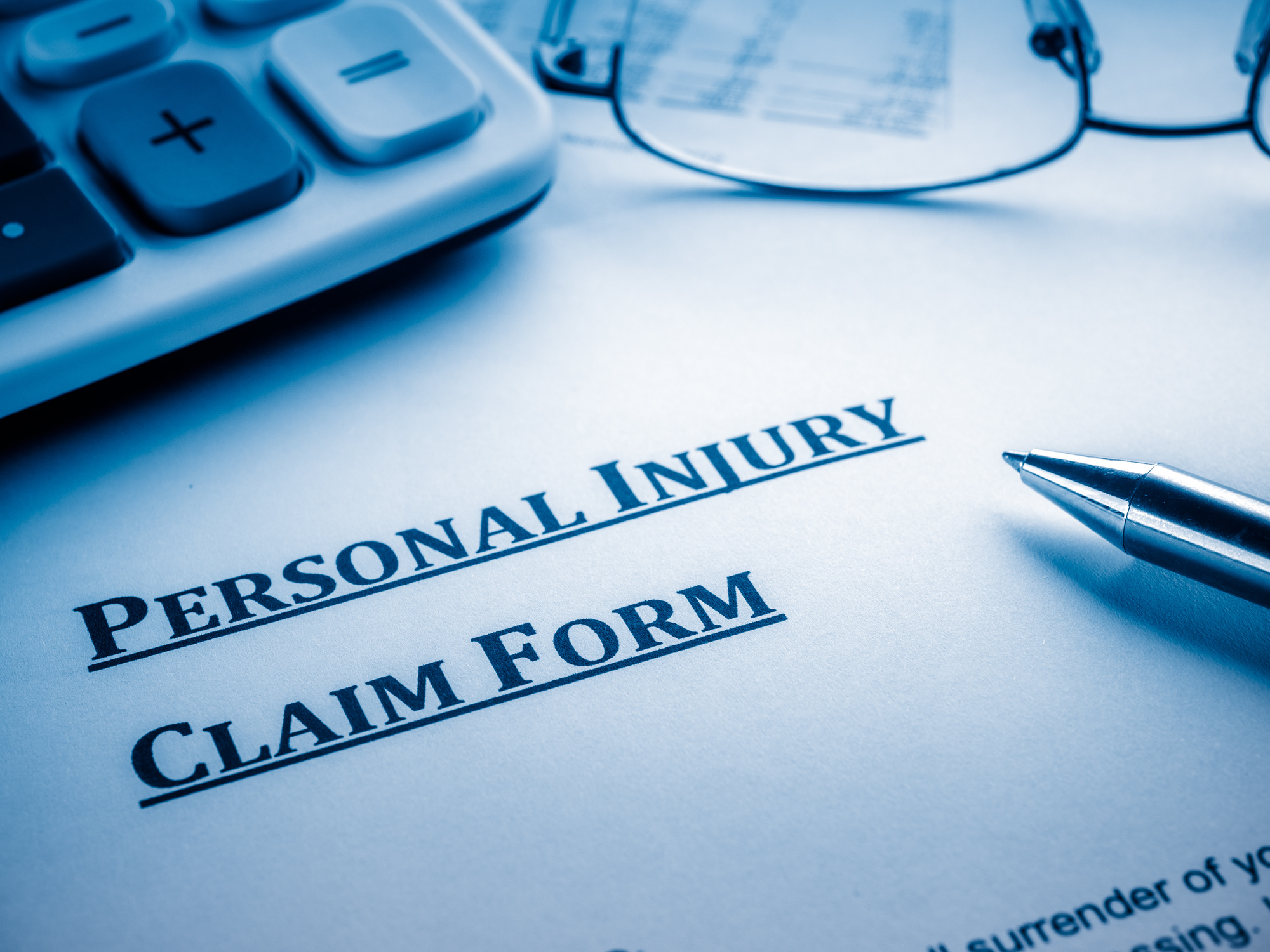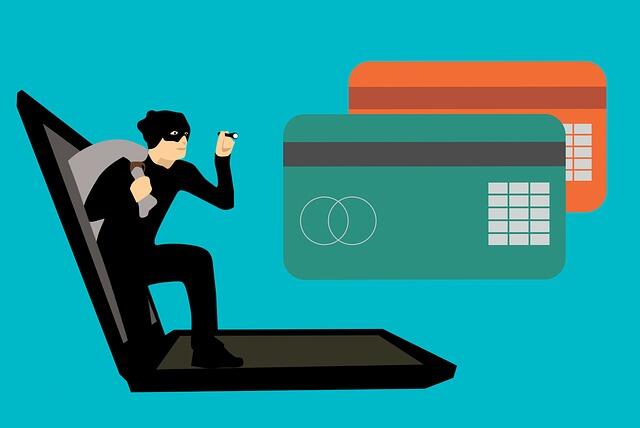Navigating a personal injury is distressing. The emotional and physical toll can be overwhelming. This happens even more when you’re also grappling with how to file claims for personal injuries.
A lack of information can leave you feeling lost and stressed. But, this comprehensive guide aims to equip you with the knowledge you need. It will help in turning the complex claim process into manageable steps, allowing you to focus on your recovery.
Seeking Medical Attention
The first response to a personal injury should be to seek immediate medical attention. Getting medical attention also establishes a link between the incident and your injuries. Medical reports and doctor’s notes will serve as compelling evidence.
These will become a significant part of your personal injury claim documents. Without this link, your claim might lack the necessary credibility. Remember to be diligent when you collect and save all medical reports, prescriptions, and related expenses.
Ensuring comprehensive medical documentation is in place not only strengthens your case. But it also outlines the impact of the injury on your life.
Reporting the Incident
The next essential step you need to do is to report the incident to the appropriate authorities. The authorities you could go to can be the local police, your employer, or the property owner, depending on the incident.
Reporting the incident is a very important step. An incident report provides an official account of the event and serves as a record that the incident did occur. This report forms the basis of your claim, ensuring that the vital details of the event aren’t disputed or forgotten.
An official report also legitimizes your claim and helps further reinforce the validity of your personal injury case.
Consulting a Legal Expert
Navigating the complex landscape of personal injury law can be challenging. That’s why it’s essential to enlist the aid of a top rated personal injury attorney. These experts can guide you through the legalities and help you avoid common pitfalls.
They can aid you in understanding your rights and assess the worth of your claim. Most of all, they can also ensure that you are well-represented throughout the process.
An attorney’s support is often instrumental in tipping the scales toward a favorable outcome. Moreover, an attorney can communicate on your behalf with insurance companies. With an attorney representing you, you can lessen the risk of miscommunication.
Understanding Liability
An essential aspect of any personal injury claim is determining liability. Your attorney will need to prove that the party you’re filing the claim against was negligent. The attorney will also aim to prove that the at-fault party’s negligence was what led to you getting injured.
The process might involve gathering evidence as the first step. Afterward, you can also include collecting witness testimonies to the tasks. The reconstruction of the incident scene is also another thing that might need to be done.
The more compelling the proof, the stronger your claim. Also, photographic or video evidence, if available, can help bolster the case by providing a clear depiction of the incident.
The Statute of Limitations
Each personal injury claim is bound by a statute of limitations, a deadline within which you must file the claim. Failure to do so may give up your right to seek compensation. The duration of the period varies by jurisdiction and the nature of the claim.
Make sure you understand and adhere to the claim filing deadline in your specific context. Doing so is very crucial in safeguarding your rights. Consulting your attorney about the statute of limitations can provide clarity and ensure you’re on the right track.
Document Compilation
Building a comprehensive dossier of your personal injury claim documents is a painstaking but crucial task. Compiling documents includes medical reports and accident reports. You should also get the photographs you may have taken and possible eyewitness accounts.
These all work together to substantiate your claim. A thorough compilation serves as the backbone of your case. The compiled documents also help to simplify the process for your attorney. These documents also allow the court to better understand the circumstances of the incident.
On top of this, proper organization of these documents can ensure a smoother progression of your claim. Doing proper documentation can help to lessen potential delays or hurdles.
Claim Submission
Once your documents are in order, your attorney will then file the claim on your behalf. Submitting claims often involves submitting a “demand package” to the at-fault party or the insurance company. This package contains an outline of the incident details.
The details included are the injuries sustained, treatment received, and the compensation amount you’re seeking. Your attorney’s knowledge and skills are vital at this point in the proceedings. This helps to ensure the demand package is compelling and covers all bases.
The expertise of the attorneys can influence how the other party responds. This stage signifies the formal initiation of your personal injury case and helps to set in motion the legal processes toward a possible resolution.
Negotiating with Insurance Companies
Post-claim submission, you might need to negotiate with insurance companies. This process is often characterized by lowball initial offers and attempts to lessen the payout. In such a scenario, the negotiation skills and industry know-how of your attorney will be in play.
Attorneys are equipped to push back against underwhelming offers. Personal injury attorneys will also advocate for compensation that will reflect your damages better. The experience with similar cases allows attorneys to test and check the strength of your claim and plan based on this.
Through these skills and attributes, they can guide you toward a resolution. To be more specific, the resolution will acknowledge your suffering and losses. This ends up helping you receive fair compensation.
Taking Control to File Claims for Personal Injuries
Embarking on the journey to file claims for personal injuries can seem daunting. But armed with the right knowledge and a very talented personal injury attorney by your side, you can face the process with confidence.
Despite the legal complexities and many steps involved, remember that each stage is crucial. These all help to ensure you receive the compensation you deserve. Thus, it’s essential to give the process the respect and attention the process needs and demands.
Visit our blog for more today!










